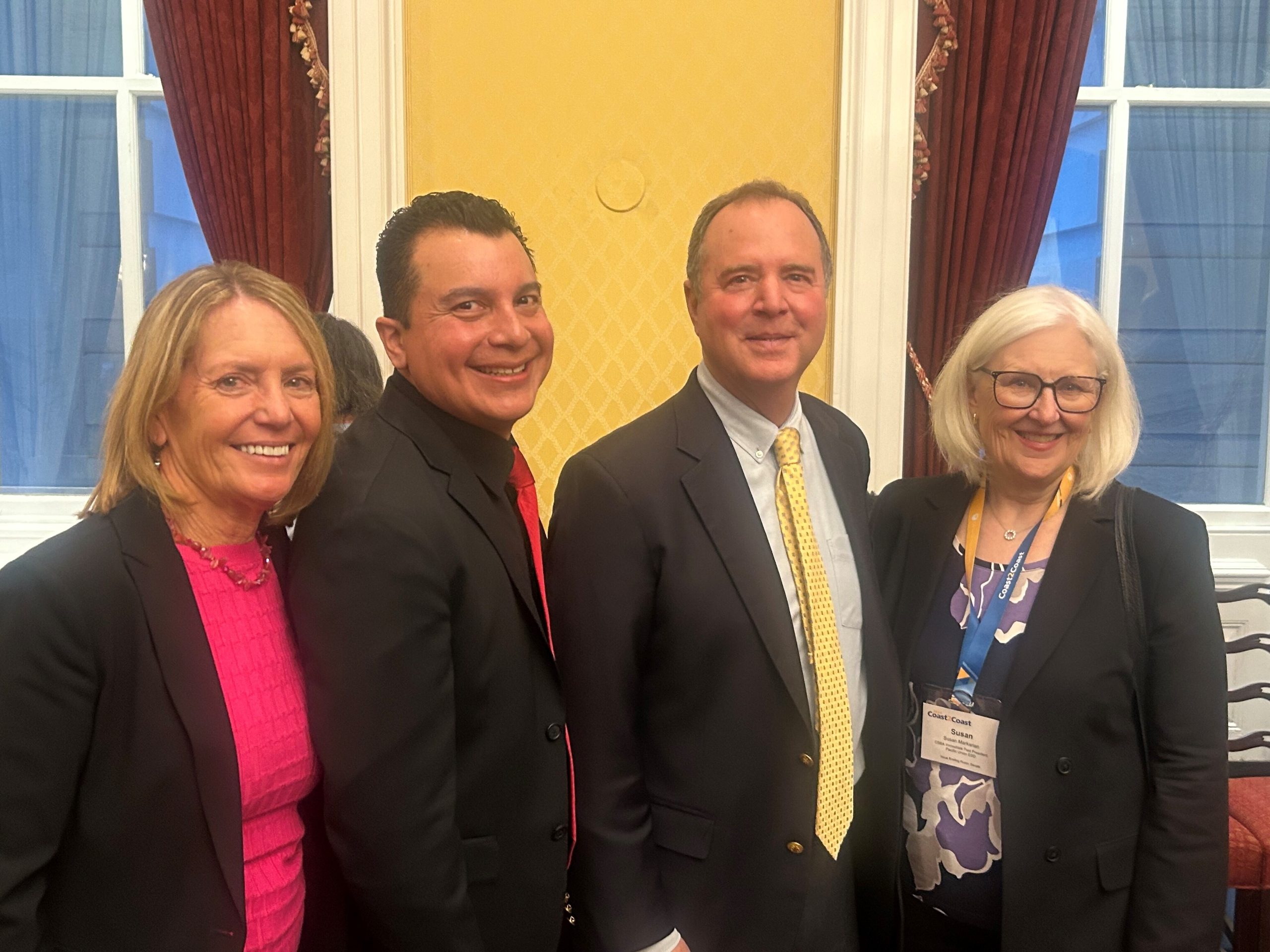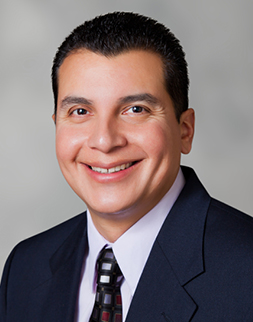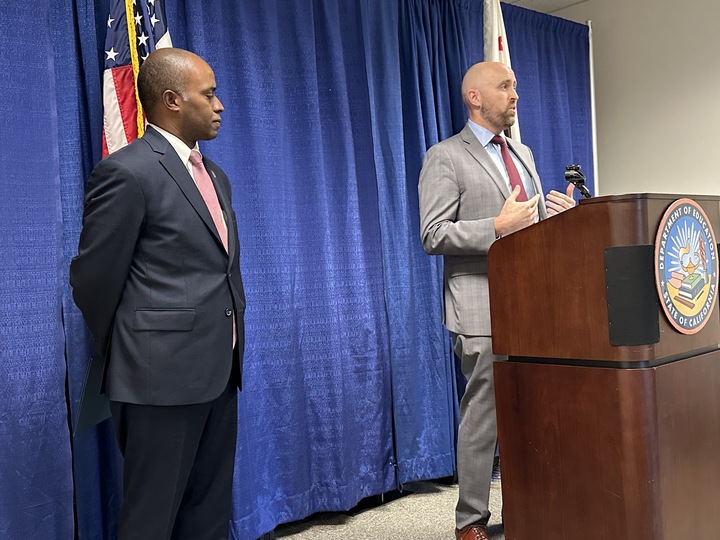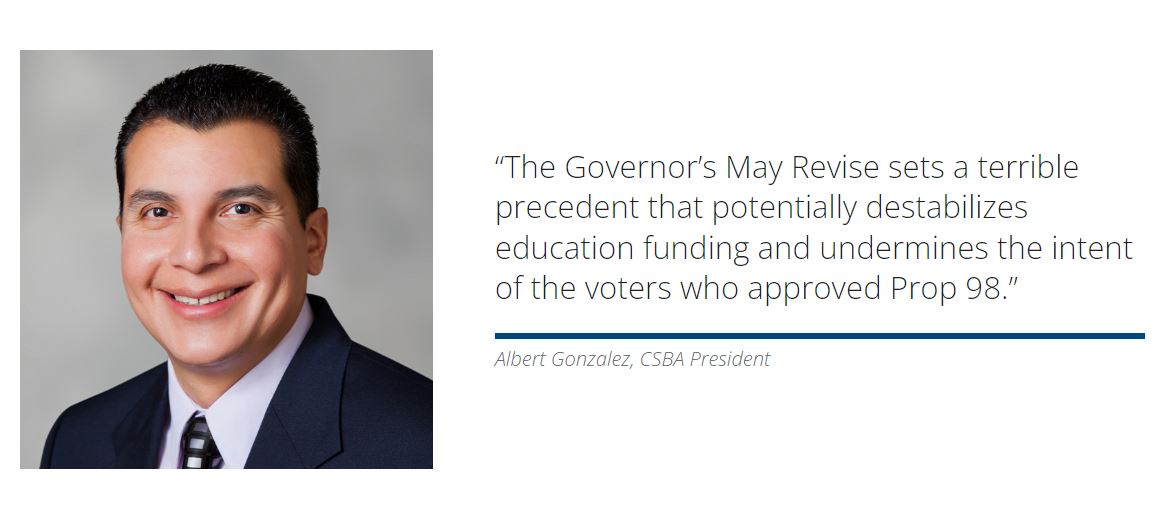By CSBA President Albert Gonzalez
There’s no place like home and as a California native and lifelong resident, I firmly believe the West Coast is the best coast. However, there’s no denying the political center of gravity in the United States rests in the East, specifically in Washington, D.C. So, I was happy to once again participate in the ACSA-CSBA Coast2Coast Federal Advocacy Trip where I joined about 250 other education leaders in making the case for the legislation and resources California students need.
This was the third annual Coast2Coast trip and I’m proud to say I’ve attended every one. Coast2Coast offers a special opportunity to meet with members of California’s congressional delegation and I was fortunate to meet with both of our state’s senators, Alex Padilla and Laphonza Butler, in addition to my congressperson, Ro Khanna. I also treasure the opportunity to share experiences with colleagues from across California, receive policy briefings from ACSA and CSBA policy experts and learn from D.C. power players like Domestic Policy Advisor Neera Tanden and Deputy Secretary of Education Cindy Marten, to name just two of the luminaries who addressed our group.
All of this was set against the backdrop of Washington in springtime. And while it was a lovely time of year to be in the nation’s capital, we weren’t just there to see cherry blossoms and catch the eclipse (although we did both) — we came equipped with a set of policy priorities designed to address specific challenges and take advantage of opportunities in California schools.
Special education funding
When the Individuals with Disabilities Education Act (IDEA) was enacted over 45 years ago, Congress promised to provide 40 percent of the average per-pupil expenditure to pay for the new federal mandate. That promise has never been fulfilled. At the national level, the share of federal IDEA funding has been as low as 12 percent and it continues to shrink. In 2020–21 for California, the federal share of funding equaled 7.77 percent of total funds spent. This underfunding has had a major impact on local schools’ abilities to balance annual operating budgets and maintain quality education programs and services for all children.
In response, the ACSA-CSBA Federal Partnership continues to strongly support legislation that moves us toward fulfilling the 40 percent funding promise as well as legislation to increase funding for Part B (Section 619) Preschool and Part C infant/toddler programs under IDEA — programs that are currently funded at lower per-pupil rates than they were in 1999.
Mental health
The increase in students experiencing learning loss and social-emotional issues means schools have to provide more mental health assistance and services to students. To facilitate this, we asked that our representatives support funding for a variety of prevention and intervention programs including positive behavioral intervention programs, Multi-tiered System of Supports programs and mental health counseling programs. We also urged Congress to lessen the maintenance of effort requirements when reducing federal program funding year over year.
Nutrition
To address the food insecurity needs of students, California implemented a universal meal program using both state and federal funding along with federal program guidance, but we still need Congress’ assistance to ensure children are fed year-round. CSBA and ACSA support President Joe Biden’s proposal for more than $15 million in funds in fiscal year 2024 for the Community Eligibility Provision (CEP), which allows schools with a high percentage of low-income students to serve universal free meals.Unfortunately, is not unusual for some students’ only meal to come from school. In light of this, we requested two additional measures to enhance universal meals for California students by allowing for permanent non-congregate meal service for all geographic areas and supporting HR 1269, the Healthy Meals Help Kids Learn Act, sponsored by Rep. James P. McGovern (D-MA)
Finally, because California has a substantially higher cost of living than other states in the nation, the ACSA-CSBA Partnership supports and advocates for the inclusion of regional indexing within the Child Nutrition Act.
Broadband access
Ongoing connectivity is still critical for learning, both at home and in schools. Unfortunately, many students live in areas that lack the high-speed connections and devices required for video instruction and collaboration. Furthermore, some rural areas lack the infrastructure required to deliver any broadband service. With many of the federal programs aimed at increasing broadband activity expiring, we requested an extension of the Affordable Connectivity Program and maintenance of the Emergency Connectivity Fund. Additionally, we strongly support ongoing expansion of broadband access, especially in rural areas, and in simplifying the application process for the E-Rate program to expand access.
Data privacy and cybersecurity
Cybersecurity has become a major issue for schools over the last few years, both at a state and national level. The Biden Administration is calling for minimum mandated security standards across multiple sectors and we are demanding that schools be included in the conversations where those standards are developed so LEAs can protect the privacy of students, staff and families.It was a big list of items for California’s congressional delegation to consider but, on the whole, they were receptive to our advocacy points and eager to hear firsthand what’s happening at schools in their home districts. And we were happy to spread a little California love — and West Coast perspective — to our representatives back East.






